Premium Only Content
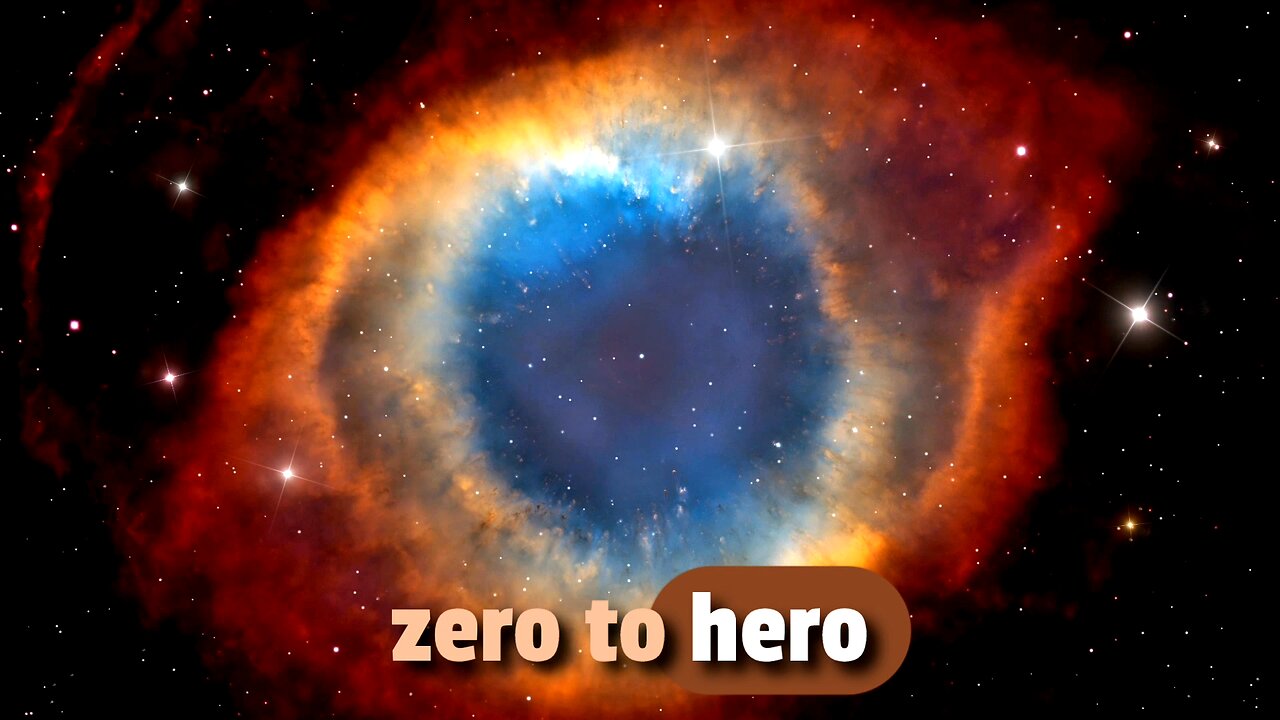
The Big Bang Theory: Busted by the Webb Telescope? Or Just Another Day in the Cosmic Soap Opera?
#BigBangTheory #CosmicSoapOpera #WebbTelescope #SpaceDrama #AstroMystery #UniverseUnveiled #ScienceDebate #CosmicQuestions #SpaceExploration #AstroBreakthrough #GalacticGossip #StellarDiscovery #ScienceSoapOpera #CosmicUncertainty #AstronomyTalk #BigBangBusted #CosmicConundrum #AstroInsight #GalacticMystery #BeyondTheBigBang #newvideo #nyc #new
the Big Bang Theory. No, not the sitcom that gave us Sheldon Cooper and his bazinga-filled antics, but the grand cosmic explosion that supposedly birthed our universe. For decades, this theory has been the darling of astrophysicists, the cornerstone of cosmology, and the ultimate "once upon a time" for the universe. But hold onto your telescopes, folks, because the James Webb Space Telescope (JWST) has just thrown a cosmic wrench into the works. Or has it?
The Big Bang: A Brief (and Sarcastic) History
Once upon a time, in a universe far, far away (about 13.8 billion years ago, to be precise), there was nothing. And then, in a moment of unparalleled drama, there was everything. This is the Big Bang Theory in a nutshell. It’s the ultimate rags-to-riches story, where the universe went from zero to hero in less time than it takes to microwave popcorn.
For years, scientists have been patting themselves on the back, confident that they had cracked the code of the universe’s origin. They pointed to cosmic microwave background radiation, the redshift of galaxies, and other fancy-sounding evidence as proof that the Big Bang was the real deal. But then came the JWST, the new kid on the cosmic block, and suddenly, the Big Bang Theory started to look a little... shaky.
Enter the James Webb Space Telescope: The Cosmic Party Crasher
The JWST, with its shiny mirrors and infrared sensors, was supposed to be the next big thing in space exploration. It promised to peer deeper into the universe than ever before, revealing secrets that even the Hubble Space Telescope could only dream of. And boy, did it deliver. But instead of just confirming what we already knew, the JWST decided to stir the cosmic pot.
Recent observations from the JWST have shown us galaxies that are way too big and way too mature to fit neatly into the Big Bang timeline³. These "universe breakers," as some scientists have dubbed them, are like finding a fully grown adult at a kindergarten graduation. It just doesn’t add up. According to the Big Bang Theory, these galaxies shouldn’t exist. But there they are, shining brightly and giving the finger to our neatly packaged understanding of the universe³.
The Tired Light Theory: The Comeback Kid
So, what does this mean for the Big Bang Theory? Is it time to throw it in the cosmic trash can? Not so fast. While some are quick to declare the Big Bang dead and buried, others are more cautious. They point out that the JWST’s findings could be explained by other means. Maybe our understanding of galaxy formation is flawed. Maybe there are unknown factors at play. Or maybe, just maybe, the universe is messing with us.
One alternative theory that’s getting a lot of buzz is the "Tired Light" theory¹. This theory suggests that the redshift we see in distant galaxies isn’t due to the universe expanding, but rather because light loses energy (or gets "tired") as it travels through space. It’s like the cosmic equivalent of a marathon runner slowing down after 26 miles. This theory was popular back in the day but fell out of favor when the Big Bang Theory took center stage. Now, thanks to the JWST, it’s making a bit of a comeback.
The Cosmic Soap Opera Continues
So, where does this leave us? Is the Big Bang Theory really busted? Or is this just another twist in the never-ending soap opera that is cosmology? The truth is, we don’t know. And that’s what makes science so exciting. Every new discovery, every new piece of evidence, adds another layer to our understanding of the universe. Sometimes it confirms what we already know. Sometimes it challenges it. And sometimes it leaves us scratching our heads and wondering if we’ll ever figure it all out.
In the end, the JWST’s findings are a reminder that the universe is a strange and wonderful place, full of surprises and mysteries. Whether the Big Bang Theory stands the test of time or gets replaced by something even more mind-blowing, one thing is for sure: the quest to understand the cosmos is far from over. So, grab your popcorn, sit back, and enjoy the show. The universe has a lot more stories to tell.
-
 58:33
58:33
Man in America
13 hours agoFluoride & the Sinister Plot to Poison Us From Birth w/ Larry Oberheu
32.4K17 -
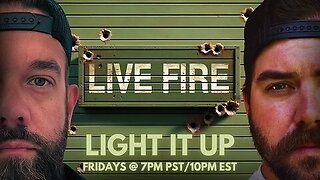
I_Came_With_Fire_Podcast
13 hours ago🔥USAID SCANDAL | MA-GAZA | Cartel VIOLENCE Ramps Up🔥
38.5K1 -
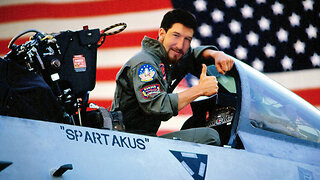 LIVE
LIVE
SpartakusLIVE
7 hours agoShadow BANNED, but we PARTY ON || Friday Night HYPE
516 watching -
 2:00:53
2:00:53
Omar Elattar
5 hours agoGRANT CARDONE: “Will I Run for Governor?” | Trump EXPOSED | Bitcoin | $500 Billion Crisis!
35.5K8 -
 46:48
46:48
Glenn Greenwald
8 hours agoGlenn Takes Your Questions On Gaza, USAID, and More | SYSTEM UPDATE #403
73.6K43 -
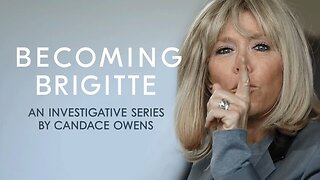 56:42
56:42
Candace Show Podcast
12 hours agoBecoming Brigitte: One Coincidence Too Many | Ep 3
156K168 -
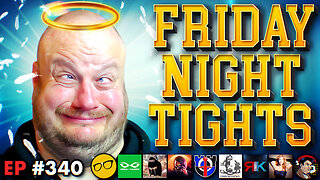 3:14:38
3:14:38
Nerdrotic
12 hours ago $17.33 earnedDisney Plus's Complete FAILURE! Fantastic Four Trailer, MCU Phase 5 Reveal | Friday Night Tights 340
143K44 -
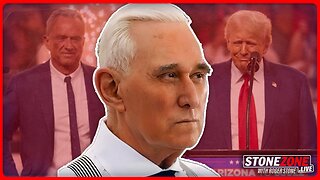 1:00:58
1:00:58
The StoneZONE with Roger Stone
8 hours agoWill RINOs Sink Robert F. Kennedy Jr.'s Confirmation? | The StoneZONE w/ Roger Stone
36K5 -
 1:15:19
1:15:19
Edge of Wonder
9 hours agoReal Biochip Implants & Havana Syndrome Exposed: Interview With Jesse Beltran
31.1K10 -
 1:00:12
1:00:12
Sarah Westall
9 hours ago10 Billion Trump Lawsuit against CBS 60 Minutes, Ukraine Bio-labs and more w/ John Mark Dougan
47.8K19